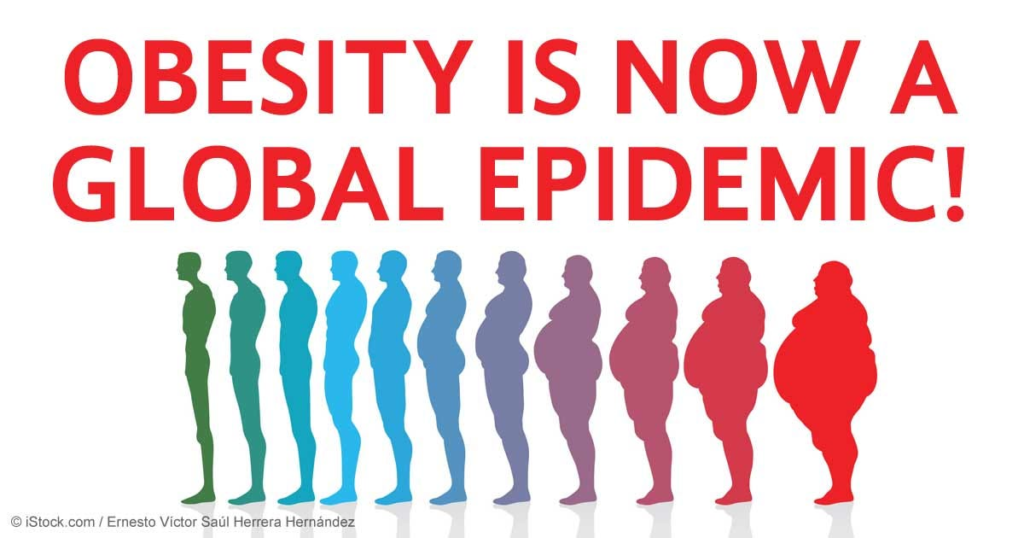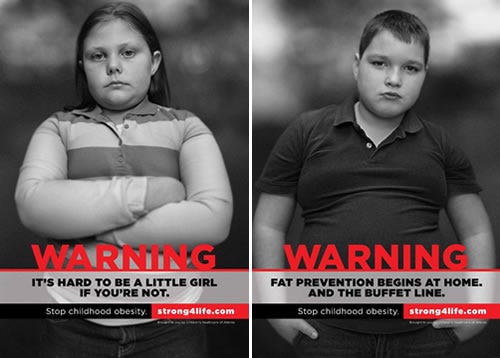Obesity is a growing concern in today’s world, affecting millions of people. While it is often discussed in terms of health risks, there is also an emotional side to obesity that many people overlook. Those who struggle with obesity may feel sadness, frustration, and even isolation due to the challenges they face in their daily lives. This feeling of sadness or emotional pain related to obesity is often referred to as “pathos about obese.” Understanding why people feel this way and how we can support them is important for creating a kinder and healthier society.
What Does “Pathos About Obese” Mean?
The word pathos refers to deep emotions, especially sadness, pity, or sympathy. When we talk about “pathos about obese,” we are describing the feelings of sadness, guilt, or empathy connected to obesity. This can be experienced by the person struggling with obesity or by those who see a loved one struggling.
For individuals who are obese, pathos may come from feelings of low self-esteem, frustration with their weight, or the way they are treated by others. For family members and friends, it might be the sadness of seeing a loved one struggle with health issues or social stigma. Society as a whole may also experience pathos about obesity when recognizing how difficult it is for people to maintain a healthy weight in a world filled with unhealthy food choices and sedentary lifestyles.
Why Do People Feel Sad About Obesity?
People feel sad about obesity for many reasons. Some struggle with their weight and feel discouraged when diets and exercise programs do not work for them. Others face bullying, judgment, or discrimination because of their size, which can lead to loneliness and depression. Families and friends of people who are obese may also feel sadness because they worry about their loved one’s health and happiness.
Society often promotes unrealistic body standards, making people with obesity feel excluded or ashamed. The media often highlights thin, fit individuals as the ideal body type, which can make those with obesity feel like they do not belong. This leads to a cycle of emotional distress, making it even harder for people to feel motivated to improve their health.
How Obesity Affects People’s Lives
Obesity does not just affect physical health—it also has a major impact on emotions, relationships, and social experiences. People with obesity may struggle with day-to-day activities, feel judged in public spaces, and even face discrimination at work or school. Here are some of the main ways obesity affects people’s lives:

Health Problems Caused by Obesity
Obesity is linked to several serious health conditions that can make life difficult. Some of the most common health problems caused by obesity include:
- Heart disease and high blood pressure – Excess weight puts a strain on the heart, increasing the risk of heart attacks and strokes.
- Diabetes – Obesity is a leading cause of type 2 diabetes, which can lead to serious complications such as kidney failure, nerve damage, and vision problems.
- Joint pain and mobility issues – Extra weight puts pressure on the joints, leading to pain, arthritis, and difficulty moving around.
- Sleep apnea – Many people with obesity struggle with breathing problems while sleeping, which can lead to exhaustion and other health issues.
- Liver disease and digestive problems – Obesity increases the risk of fatty liver disease and other digestive disorders.
Emotional Struggles of Obesity
Obesity can take a serious toll on a person’s mental health. Many people with obesity experience:
- Depression and anxiety – Feeling unhappy with their body or facing negative comments from others can cause emotional distress.
- Low self-esteem – People with obesity often struggle with confidence, especially when they feel like they do not meet society’s beauty standards.
- Emotional eating – Some individuals turn to food for comfort when they are stressed or sad, which can create a cycle of overeating and further weight gain.
- Fear of judgment – Many people with obesity avoid social situations because they worry about being judged or ridiculed.
Social Challenges of Obesity
Obesity can also affect relationships and social experiences. Some common challenges include:
- Bullying and discrimination – People with obesity, especially children and teenagers, are often bullied or treated unfairly because of their weight.
- Difficulty finding clothing – Many clothing stores do not carry sizes that fit individuals with obesity, which can be frustrating and discouraging.
- Workplace discrimination – Some people with obesity face bias in the workplace, making it harder to get hired or receive promotions.
- Limited activities – Certain activities, such as amusement park rides or airplane seats, may be uncomfortable or unavailable for people with obesity.
Can We Help People With Obesity?
Yes, we can! Instead of judging or criticizing people with obesity, we should offer kindness and support. Many people assume that obesity is simply caused by overeating, but it is often much more complex. Factors like genetics, medical conditions, and mental health can all play a role. Encouraging healthy habits, providing emotional support, and creating a more accepting society can make a big difference in the lives of people who struggle with their weight.
Ways to Stay Healthy and Avoid Obesity
While obesity is a challenge, there are many ways to stay healthy and prevent weight-related problems. Some simple yet effective steps include:
- Eating nutritious foods – Choosing fruits, vegetables, whole grains, and lean proteins can help maintain a healthy weight.
- Staying active – Regular exercise, such as walking, swimming, or playing sports, can improve overall health.
- Getting enough sleep – Poor sleep can lead to weight gain, so it’s important to have a good sleep routine.
- Managing stress – Stress can lead to emotional eating, so finding healthy ways to relax is important.
- Drinking plenty of water – Staying hydrated can help control appetite and support overall health.
What Can Schools and Families Do?
Both schools and families play a crucial role in helping children develop healthy habits. By promoting good nutrition and physical activity, they can reduce the risk of obesity and encourage a positive lifestyle.

Healthy Foods to Eat
Schools and families can encourage children to eat healthy by:
- Providing nutritious school lunches with fruits, vegetables, and whole grains.
- Teaching kids about the benefits of healthy eating.
- Avoiding junk food and sugary drinks.
- Encouraging home-cooked meals instead of fast food.
Fun Exercises for Kids
Exercise does not have to be boring! Fun ways for kids to stay active include:
- Playing outdoor games like tag, soccer, or basketball.
- Riding bikes or going for nature walks.
- Dancing to music or doing fun workout videos.
- Jumping rope or using hula hoops.
Thoughts – Be Kind to Everyone
It’s important to remember that everyone deserves kindness, no matter their size. Teaching children to respect and support their peers, regardless of their weight, helps create a more inclusive and positive society. Instead of making fun of others, we should encourage empathy and understanding.
Can We Help People With Obesity?
Absolutely! Supporting people with obesity means offering encouragement rather than criticism. Whether it’s a friend, family member, or stranger, showing kindness can make a huge difference. We should also advocate for healthier environments, such as better food options in schools and workplaces, so that making healthy choices is easier for everyone.
The Bottom Line
Obesity is not just a physical issue—it affects emotions, social interactions, and mental well-being. Many people feel sadness or frustration due to obesity, whether it is personal or something they witness in others. However, instead of judgment, what people truly need is support, understanding, and encouragement. By promoting healthy lifestyles, being kind, and creating an accepting society, we can help individuals with obesity feel happier and healthier.


